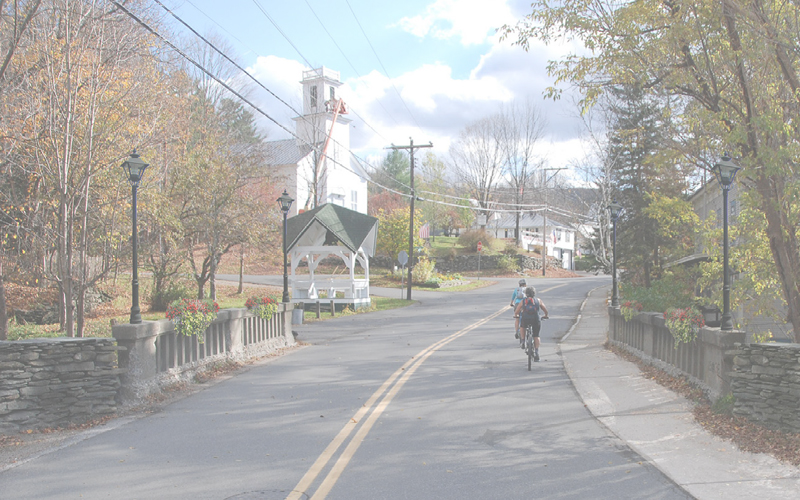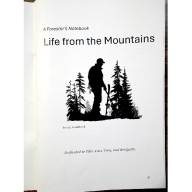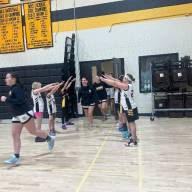The Warren Planning Commission met with the Warren Select Board this week to discuss new land use regulations (LUDRs) the planning commission has been working on since 2019. This is the first time the town’s LUDRs have been updated in 20 years. The process has included extensive public hearings and taking hundreds of resident comments into consideration.
“We are here tonight because we very much want this to be a collaborative process between the select board and planning commission,” planning commission chair Jim Sanford said. He said the commission is working with the conservation commission on GIS mapping, which is nearly complete.
Select board vice chair Andy Cunningham expressed concern over some of the proposed changes to the LUDRs, saying he’s heard from townspeople that some of the new regulations are restrictive. “At one point an RV couldn’t be parked in front of a house,” he said. “That’s frigging ridiculous.” He said he wanted to ensure “we’re not giving people a reason to hold a neighbor hostage or beat them up.”
“A lot of that’s just plain misinformation,” Sanford said. “The misinformation is that these [regulations] are brand new. Eighty-five percent of what’s in this document is what’s in the last LUDRs.”
“The big change is the zones. Under the new LUDRS, some zones would be redesignated as rural residential, which comes with a minimum of five-acre lots, while residential zones can be one-acre lots. “We’re trying to increase density in some areas and decrease density in others,” Sanford said.
“The purpose of this rezoning is to push development in some areas,” select board member Devin Klein Corrigan said.
“Warren is not a really great place for development,” said Camilla Behn, who is a member of both the planning commission and the select board.
“We’re trying to walk a fine line between conservation and we’re trying to make a way for development to happen, for affordable housing to happen,” Sanford said. “I feel like we struck a good balance with it … We’re trying to preserve the rural nature of Warren and allow development.”
“I’m hearing concerns,” Klein Corrigan said. “Discussion of affordable housing in dense locations and development.” Klein Corrigan also expressed concern over the requirement that driveways be no more than 12-feet wide. “As a builder I really don’t understand it,” she said, adding that the average driveway is 12- to 16-feet wide and that narrower driveways may be difficult for plows and other large vehicles to navigate. “It seems overly restrictive.”
At the April 26 meeting the select board also heard from residents on both sides of a potential paving issue. Bob Grant, a resident of Fuller Hill, came before the board to request the town pave a section of approximately 7/10 of a mile of the road to combat muddy conditions in spring, as well as treacherous conditions in winter and even summertime. He expressed concern about emergency vehicles being able to get up the hill in adverse conditions. “Do something to the road to make it so it’s passable. We don’t want to change the quality or aesthetics.”
Town resident and conservation commissioner George Schenk said he’d spoken to a former ambulance volunteer, who said that he had never had a call he hadn’t been able to respond to as a result of mud. “The real level of risk seems to be quite modest,” Schenck said. He encouraged the town to have a “deeper conversation amongst ourselves about the pros and cons.” The select board received letters from townspeople opposed to the paving, while the Grants obtained 21 signatures in favor of the move. One resident spoke against paving, citing concerns about cost and safety, saying that cars would travel the road at faster speeds if it was paved.
“It’s not happening this year because it’s not in our budget,” Cunningham said. The board discussed undergoing a feasibility study to determine what can be done to reduce mud on Fuller Hill in the spring.
The board renewed the lease for Rootswork, which operates the WMRW radio station and subleases space to the East Warren Community Market. Rootswork has rented the space since 1996 for $600 per year.












